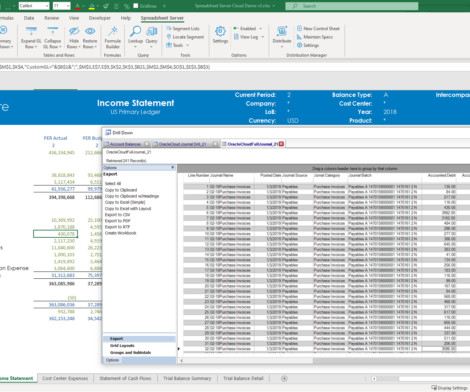10 Ways Organizations Can Prepare for Changes Brought on by the IoT
Smart Data Collective
FEBRUARY 23, 2022
The Internet of Things is becoming a big deal for people in countless professions. How can your company benefit by adapting to an IoT-driven model? Back in 2014, Gordon Hui wrote an article in Harvard Business Review about the ways the Internet of Things changes business models.













Let's personalize your content